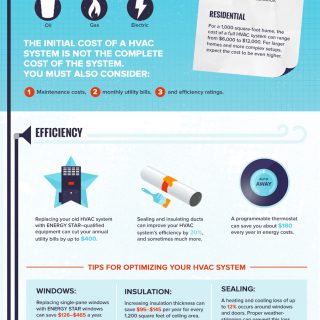Discover How To Make Certain The Performance And Durability Of Your Heat Pump System By Steering Clear Of Common Installation Mistakes
Discover How To Make Certain The Performance And Durability Of Your Heat Pump System By Steering Clear Of Common Installation Mistakes
Blog Article
Writer-Lykke McFarland
When mounting a heatpump, you have to stay away from typical mistakes that could threaten its performance. Ignoring correct sizing might result in inadequacies and higher utility prices. Overlooking insulation and securing could result in power wastefulness and pressure on the unit. Moreover, positioning the outside unit inaccurately might impact its performance. By avoiding these errors, you can guarantee ideal operating and sturdiness of your heat pump system.
Improper Sizing of Heat Pump
When it involves the setup of heatpump, among one of the most usual blunders is incorrectly sizing the system for your area. Ensuring the best dimension is vital for optimum performance. If the heat pump is too tiny, it will certainly battle to heat or cool your room successfully, resulting in enhanced energy expenses and prospective damage on the system.
On the other hand, if the heatpump is also large, it will certainly cycle on and off regularly, causing temperature changes and lowering its life expectancy.
To avoid this mistake, it's vital to have an expert examine your space and recommend the suitable dimension of the heat pump based upon factors like square video, insulation, ceiling height, and local environment. By investing the time and effort to guarantee the appropriate sizing, you can delight in a comfortable atmosphere while optimizing energy efficiency and lengthening the life expectancy of your heatpump.
Inadequate Insulation and Sealing
To guarantee the reliable operation of your heat pump, it's vital to attend to inadequate insulation and securing in your space. Appropriate insulation assists preserve a regular temperature level inside your home, lowering the work on your heat pump. Inadequate insulation can bring about energy loss, making your heatpump work harder and less successfully.
Securing any kind of spaces or leaks in your room is equally crucial. These spaces permit conditioned air to run away and outside air to leak in, compeling your heat pump to make up for the temperature level changes.
Incorrect Positioning of Outdoor Device
Dealing with the positioning of your heatpump's outside unit is vital to enhancing its efficiency. Mounting the outdoor unit in a wrong place can lead to efficiency issues and prospective damage to the unit.
One common mistake to prevent is putting the outside device as well near to a wall or other structures. This can restrict airflow, causing the unit to work tougher to warmth or cool your room, ultimately lowering its efficiency and lifespan.
Another mistake to avoid is putting the exterior system in direct sunlight. While some sunlight is inevitable, too much exposure can bring about getting too hot, specifically throughout hot summer days. It's finest to place the exterior system in a shaded area to help keep its ideal operating temperature.
Additionally, make sure that the outdoor device is placed on a steady and level surface area. Irregular ground can create resonances and unneeded stress on the system, affecting its performance with time.
Final thought
Finally, avoiding typical blunders throughout heatpump setup is essential for taking full advantage of performance and durability of your system. By ensuring https://airconditioningspecialist99876.azzablog.com/31320089/constant-mistakes-to-stay-away-from-when-mounting-a-heat-pump sizing, sufficient insulation, securing, and correct placement of the outdoor system, you can avoid concerns such as ineffectiveness, increased power expenses, and pressure on the device. Taking the time to deal with these key variables will ultimately conserve you money and time in the future.
